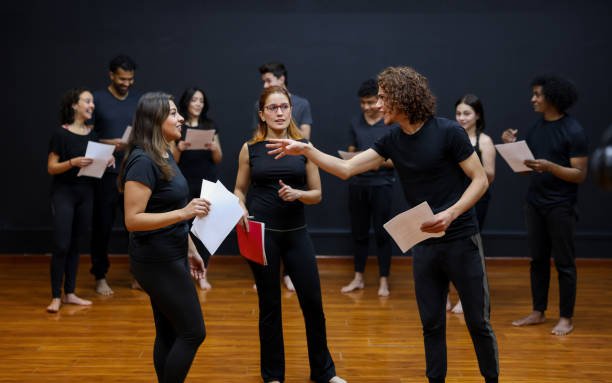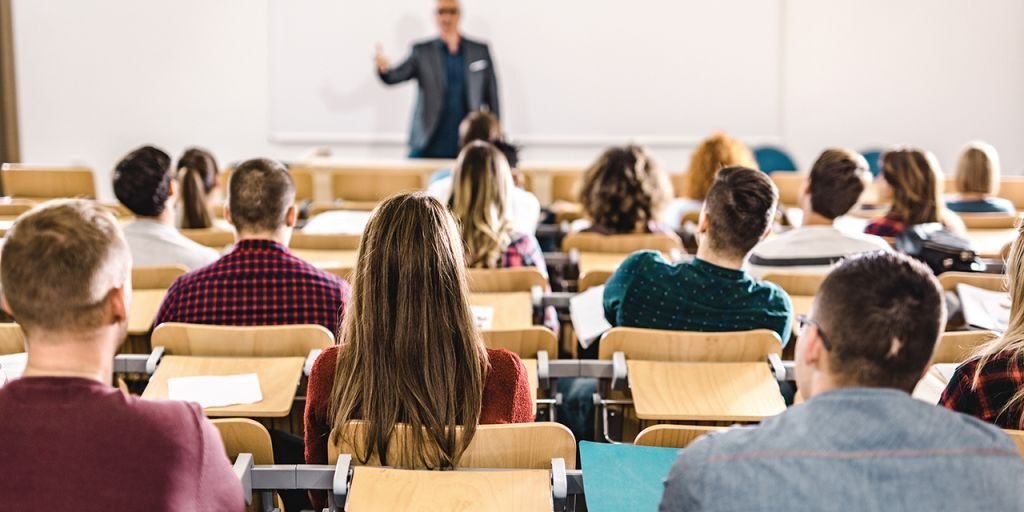On this page, we demonstrate how one would address deficits in cognitive skills in performing art class.
Cognitive skills are fundamental to the learning process in any educational domain, and the performing arts are no exception. When students struggle with such skills, their artistic performance may suffer, and they may even lose interest in the class. However, through strategic interventions, it is possible to identify and address these deficits, encouraging not only academic improvement but also an enhanced appreciation of the performing arts. This article outlines several effective strategies for bolstering cognitive skills in a performing arts context.
Highlights:
One would address deficits in cognitive skills in performing art class through:
- Identifying the Problem Areas: Through assessments and observation, educators can identify the specific cognitive skills where students are struggling, whether it’s memory, attention, or problem-solving.
- Implementing Personalized Learning Plans: Based on identified weaknesses, personalized learning plans can be designed to cater to each student’s individual needs and strengthen their cognitive skills.
- Promoting Active Engagement: By involving students in participatory activities such as scriptwriting or set design, they can enhance their cognitive skills while also being more involved and interested in the learning process.
- Incorporating Multisensory Learning: Using visual, auditory, and kinesthetic learning strategies in the performing arts can improve cognitive function and cater to different learning styles.
- Fostering a Growth Mindset: Encouraging students to see their cognitive skill deficits as areas for improvement rather than fixed limitations can boost resilience, open-mindedness, and a love for learning.
- Utilizing Cognitive Skills Training Programs: Various training programs are designed to improve specific cognitive skills. Consistent use of these can lead to significant improvements.
- Encouraging Regular Practice: Through consistent practice, students can naturally improve their cognitive skills, including memory and attention, while also enhancing their performing arts abilities.
Strategies to Address Deficits in Cognitive Skills in Performing Arts Classes
Identify the Problem Areas
The first step in addressing cognitive skill deficits is recognizing where the issues lie. Whether it’s memory, problem-solving, processing speed, attention, or another cognitive function, identifying the problematic area is crucial. Performing arts educators can perform various cognitive assessments to determine a student’s strengths and weaknesses. They can also observe student behavior and performance for signs of cognitive struggle, such as difficulty remembering choreography or lines, problems staying on beat, or trouble following instructions.
Implement Personalized Learning Plans
Once the problem areas have been identified, personalized learning plans can be created. These plans are tailored to the individual needs of each student and can provide more focused and effective support. For instance, if a student struggles with memory, memory-enhancing techniques such as mnemonic devices or repetition may be integrated into their plan. Alternatively, if a student has difficulty paying attention, methods to enhance focus and minimize distractions can be included.
Promote Active Engagement
Actively engaging students in the learning process can boost cognitive skills. In performing arts, this could mean giving students a chance to contribute to scriptwriting, set design, or choreography creation. This not only engages their creative faculties but also encourages problem-solving and critical thinking. Also, participatory learning is often more fun and rewarding for students, making it an effective way to encourage enthusiasm and motivation.
Incorporate Multisensory Learning
Performing arts inherently involve multiple senses, so capitalizing on this can enhance cognitive function. Visual, auditory, and kinesthetic learning strategies can all be used in a performing arts context. For example, visual learners could benefit from watching performances or demonstrations, while auditory learners might find it helpful to listen to recordings or instructions. Kinesthetic learners, on the other hand, could benefit from hands-on experiences like physically practicing movements or playing an instrument.
Foster a Growth Mindset
Promoting a growth mindset can help students see their cognitive skill deficits not as fixed limitations but as areas for improvement. By encouraging students to embrace challenges, persist in the face of setbacks, and see effort as a path to mastery, performing arts educators can foster resilience and a love for learning. This mindset shift can also make students more open to feedback and less likely to be discouraged by difficulties.
Utilize Cognitive Skills Training Programs
Several cognitive skills training programs are available that can help improve specific cognitive skills. These programs often involve exercises designed to target and strengthen areas of weakness. If used consistently, these programs can help students overcome their cognitive skill deficits.
Encourage Regular Practice
Regular practice is key in the performing arts, and it can also improve cognitive skills. By practicing regularly, students can enhance their memory, attention, and other cognitive functions. Plus, regular practice gives educators more opportunities to provide feedback and guidance.
Conclusion
By using these strategies, educators can effectively address cognitive skill deficits in performing arts classes. While it may take time to see improvement, the benefits for students—improved performance, increased confidence, and a deeper appreciation for the arts—are well worth the effort. Remember, the goal isn’t just to improve cognitive skills but to foster a lifelong love of learning and the arts.






